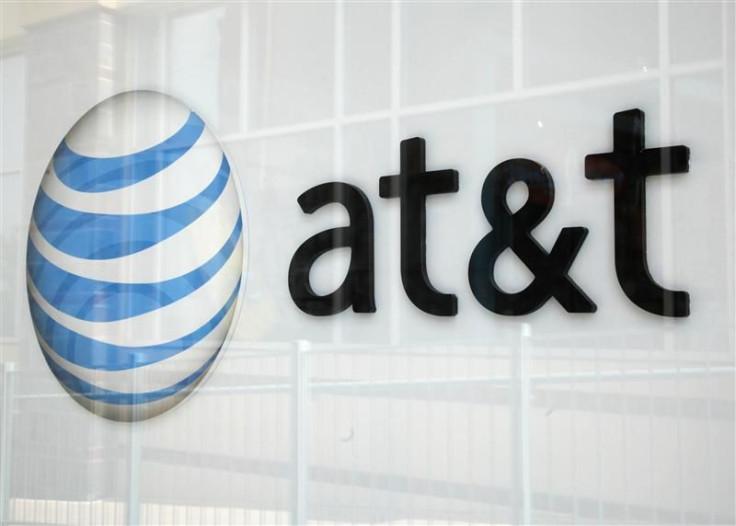AT&T and T-Mobile Merger Madness: Positive for Clearwire, Negative for Sprint

AT&T, Inc. (NYSE:T) and T-Mobile's withdrawal of their Federal Communications Commission (FCC) application to transfer spectrum and AT&T's intent to book the full $4 billion break-up fee as a non-cash charge against fourth-quarter earnings indicates that there is only a slim probability that the deal will be approved.
In a joint statement, the companies said the withdrawal would help to consolidate their strength and focus their continuing efforts on obtaining antitrust clearance for the transaction from the Department of Justice (DoJ), which filed a lawsuit in August to block the deal.
We see little near term fallout from AT&T and T-Mobile's withdrawal of their FCC application to transfer spectrum. Based on the delays caused by the need to reapply to the FCC in the unlikely case that courts rule in favor of AT&T and T-Mobile, the merger will not happen, Janco Partners analyst Gerard Hallaren wrote in a note to clients.
If the deal falls through, it could have a positive impact on Clearwire, Inc. (NASDAQ:CLWR). The reason is simple - spectrum.
The unwinding of this deal is likely to create opportunities for some and destroy opportunities for other wireless carriers. Strategically, we think a stronger T-Mobile would be a stronger competitor to Sprint, but would be a business opportunity for Clearwire, Hallaren said.
By late 2012, AT&T's spectrum resources will be further strained from increased smartphone adoption and it's unclear what spectrum will be available or whether the FCC will permit an acquisition of spectrum rich Dish Networks.
AT&T was largely going to solve its spectrum needs by buying T-Mobile but now there would be two companies in need of spectrum, BTIG Research analyst Walter Piecyk wrote in a note to clients.
Moreover, T-Mobile will have an extra $3 billion of cash from AT&T with which it can buy additional spectrum. So, all eyes will be now on Clearwire, which has 160MHz of spectrum at the 2.5 GHz range.
Over the longer term, Sprint Nextel Corp. (NYSE:S) is likely to be hurt whether or not the deal closes and pushed further behind mainstream carriers, giving Clearwire a large new customer in the form of T-Mobile.
Sprint, which had earlier unsuccessfully negotiated with Germany's Deutsche Telekom to buy T-Mobile, could now face stronger competitors either in the form of a larger AT&T or a stronger T-Mobile. More importantly, T-Mobile is Sprint's biggest price competitor for post-paid customers.
Clearwire, should Sprint allow it, seems likely to pick up another customer. We expect that, at a minimum, T-Mobile would use Clearwire for backhaul. At a maximum, we could see Clearwire supplying T-Mobile with 4G resources and possibly merging, Hallaren said.
After all John Stanton, Clearwire's Chairman, sold several other carriers, he managed to Deutsche telecom to form T-Mobile.
Hallaren, who sees Sprint as a troubled company and said should it continue down its present path, it would need $2.0 billion to $4.0 billion to cover its capital-spending gap and to sustain the company should its 4G plans with LightSquared falter.
On March 20, AT&T said it agreed to buy T-Mobile USA for $39 billion from Deutsche Telekom, making it the largest mobile phone company in the U.S. with more than 40 percent market share. The deal is facing several regulatory hurdles, including a DoJ lawsuit which forced AT&T to extend the closing date of the takeover to the first half of 2012.
Shares of AT&T closed Monday's regular trading session at $27.95 and Sprint shares ended Monday's trading at $2.45 on the NYSE.
© Copyright IBTimes 2024. All rights reserved.





















